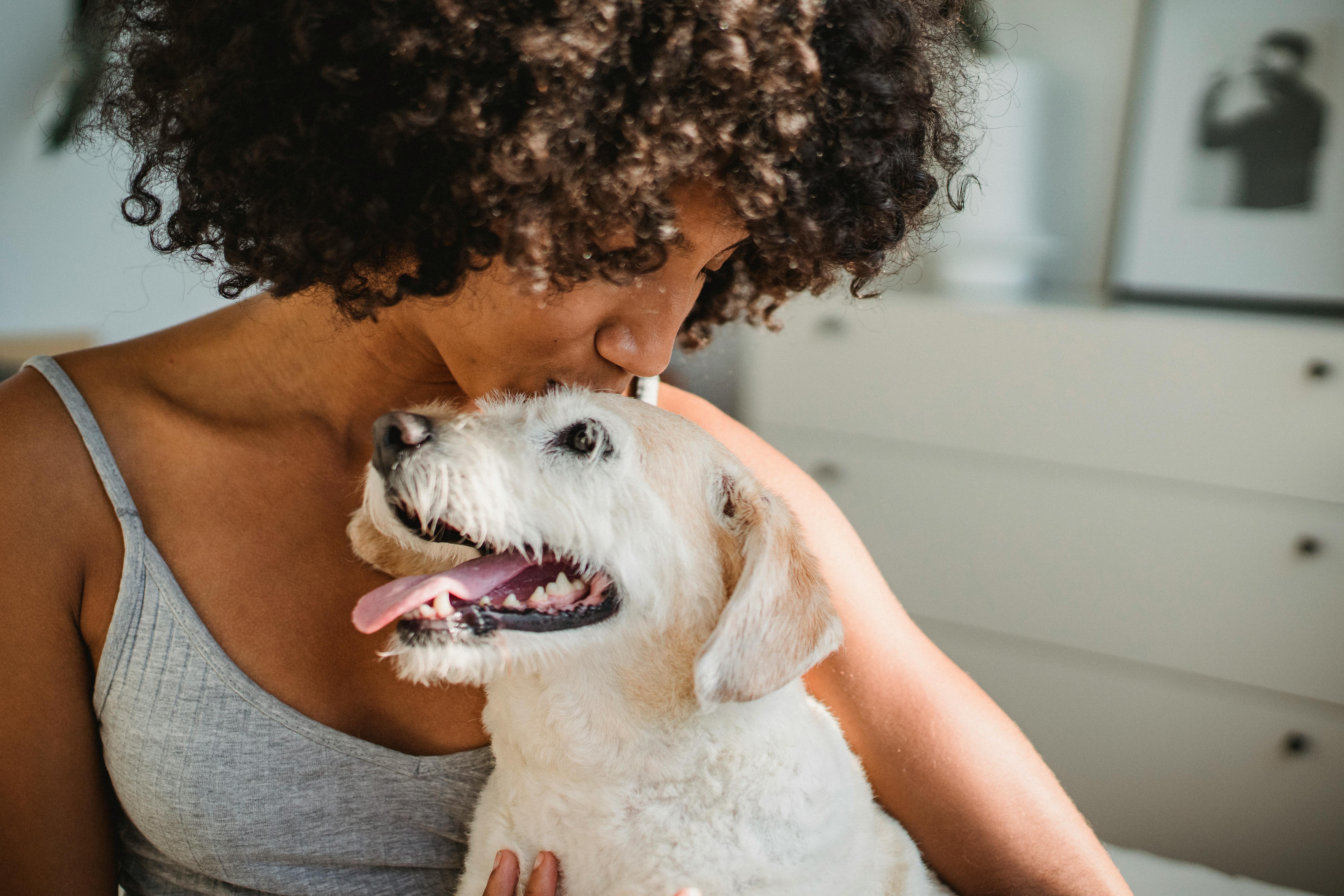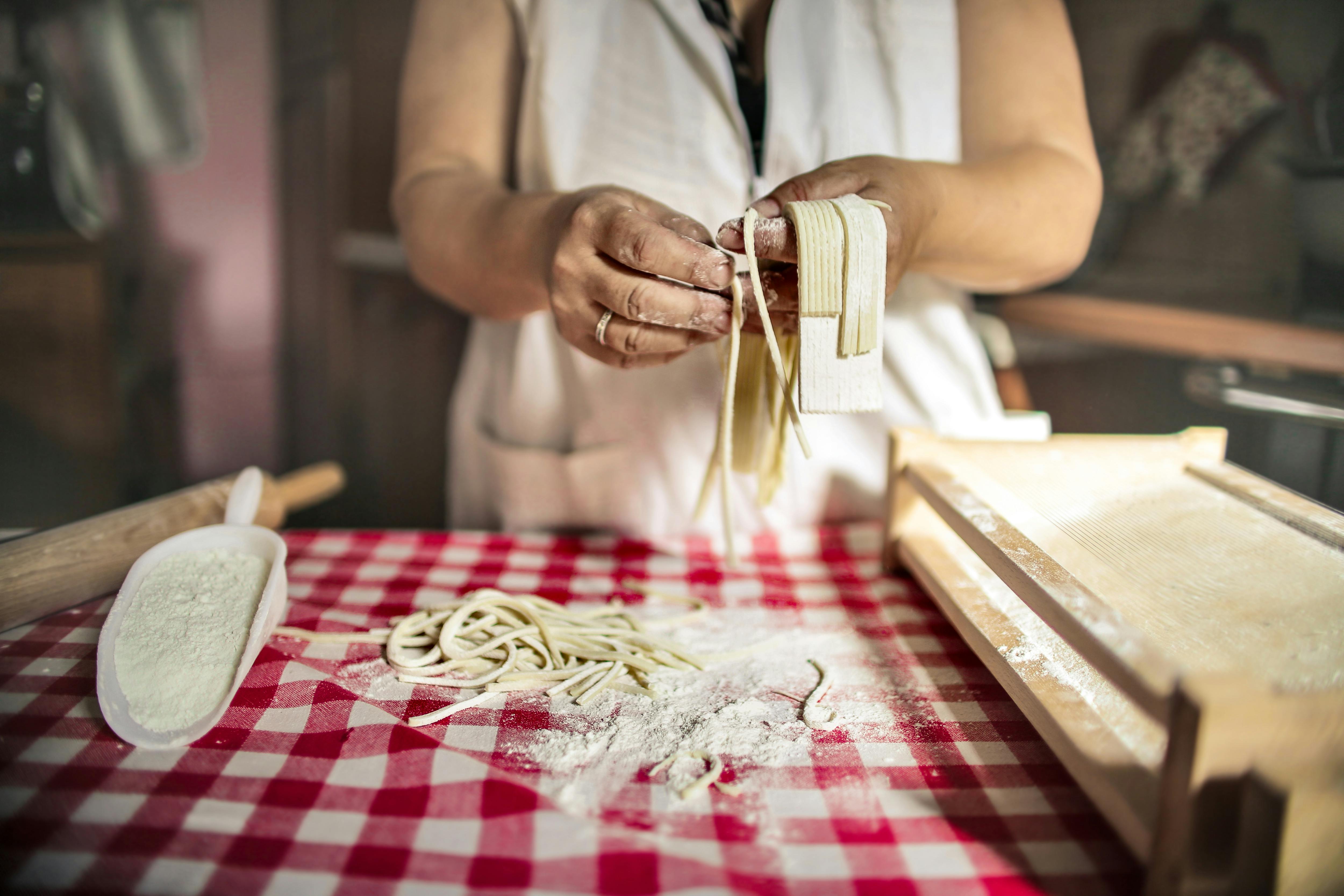
Why do cats eat grass?
admin
- 0
In an effort to be the best pet parent we can, we sometimes try to stop our pets from doing things that we think might be harmful to them or don’t make sense to us. An example of this is when we see our cat eating grass, which is often followed by vomiting it up a short time later. Before cats were domesticated, they grazed on grass in the wild. In reality, this is normal behavior for your cat and something he does with a specific purpose in mind, so we must allow it to happen.
Why does a cat eat grass? There are a couple of reasons felines do this. Many people think that eating grass will make their cat sick or give them an upset stomach. Although it may seem that this is the case, it is actually quite the opposite. Because a feline is unable to separate skin and hair from meat or bone, he must consume whatever he will eat in his form. After eating, your digestive system will process what it can, but the hair and skin, which will not pass through your intestines, must be removed. Eating grass causes your cat’s stomach to convulse and expel any contents that cannot be fully digested and pass safely through the intestines without causing a dangerous, even fatal obstruction.
Anyone who owns a cat is familiar with the countless hairballs that your cat vomits up on a regular basis. It is normal for cats to spit up a hairball, and in fact, if this stops and your cat begins to refuse to eat or appears to be in pain, it is possible that a hairball has passed into the intestinal tract and is causing an obstruction. If you think this has occurred, be sure to see your vet right away to avoid serious consequences.
While it’s okay for your cat to nibble on grass, you should make sure he doesn’t nibble on other plants, as this doesn’t serve the same purpose as grass and some plants are toxic to animals. A feline’s digestive system does not produce enzymes, which are necessary to break down plants into a form that passes through its intestines. Even if you process vegetables or plants into a mush so they move smoothly through the cat’s intestines, their digestive system won’t process any of it at all. The mixture of plants or vegetables would be expelled from your cat’s body without anything being extracted from it. This is not harmful to your cat as a process; however, if digestible food were also consumed and mixed with this content, your cat would suffer from indigestion and stomach pain, with more serious consequences.
Since eating grass is a natural behavior for cats, they will try to eat the plants in your house, if any are available. This is dangerous, as some houseplants are toxic and will make your cat sick, and can even be fatal. Because eating grass is actually beneficial for cats (to help keep their intestines free of unwanted hair and fur), it’s a good idea to make sure you provide a regular supply of potted grass for them to nibble on; particularly indoor cats that don’t have access to a regular supply, such as outdoor cats. Not only will this serve the purpose of helping you regurgitate what your stomach can’t handle, but it will also help deter you from your houseplants, even non-toxic ones.
For cat owners who may be concerned about their cat eating grass, note that in addition to its stomach-cleansing benefit, grass retains a considerable amount of moisture, some beneficial trace minerals, and trace amounts of vitamins A and D. Chlorophyll is also found in the herb, which has been shown to be a natural remedy for pain, ulcers, and anemia. Although cats eat grass primarily to empty their stomachs of indigestible matter, there is a second reason why they may do so, and that is simply because they enjoy the taste of grass, which to a cat can seem very appetizing.
